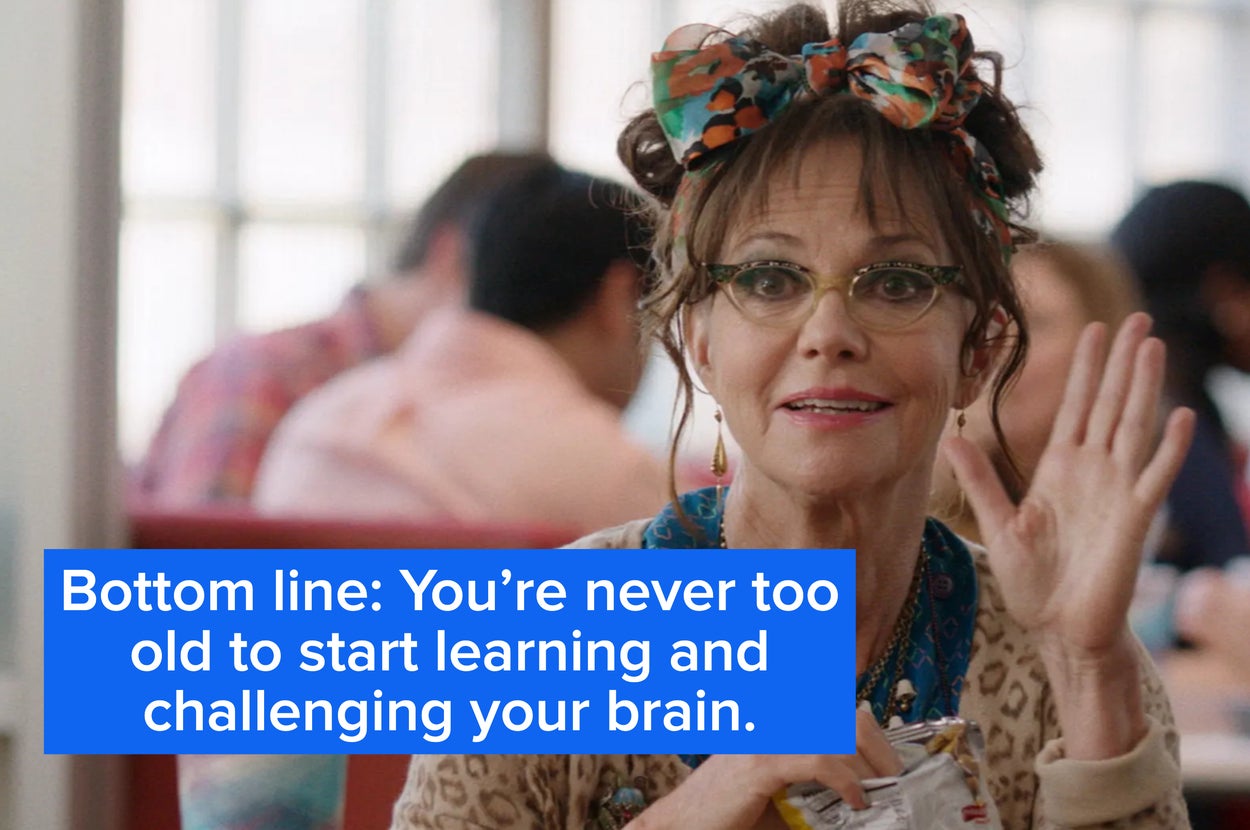
"The social aspect of music may be beneficial for your brain, too. Corbett also told Newsweek that the singers in the study had better complex task completion as they aged. But the study noted that the benefits that come with singing may also have to do with the social connections that are formed when singing with a choir or in a group setting. "Music doesn't usually happen in isolation," Fesharaki-Zadeh said. Think about it: Music is often played in a group, practiced with a teacher or performed for other people. That social interaction is one of those protective factors for brain health, he added."
""Overall, it is recommended that people start building their cognitive reserve early in life," Yadollahikhales said. "This can be achieved by playing music and games such as puzzles, reading books and being physically active ... also, as mentioned in this study as well, higher education can affect cognitive reserve positively.""
"If you're ready to start some lessons and are open to the process, consider trying specific instruments. The study found that playing keyboard-based instruments, like the piano or organ, had the biggest benefit on memory and executive function, study author Anne Corbett told Newsweek, followed by brass and woodwind instruments."
Playing keyboard-based instruments such as piano and organ yields the largest benefits for memory and executive function, with brass and woodwind instruments also conferring advantages. Singing and group music-making support complex task completion and create social connections that act as protective factors for brain health. Building cognitive reserve early through activities like music, puzzles, reading, physical activity, and higher education strengthens long-term cognition. Learning new skills remains beneficial at older ages, including around 65, although neurogenesis and formation of new brain connections decline by the mid-70s compared with younger adults.
Read at BuzzFeed
Unable to calculate read time
Collection
[
|
...
]